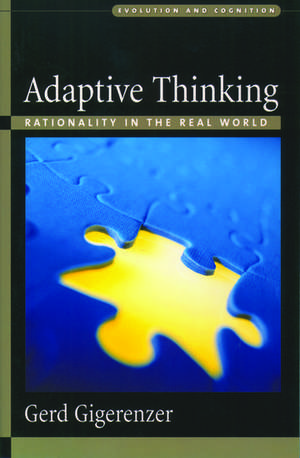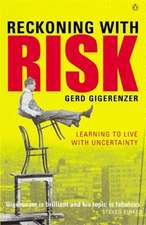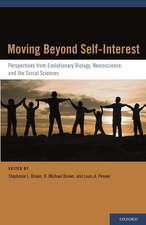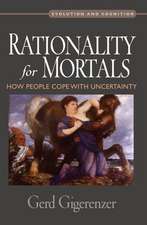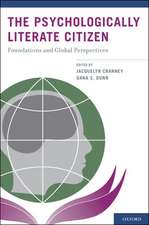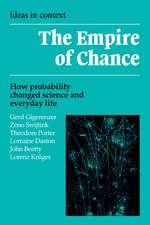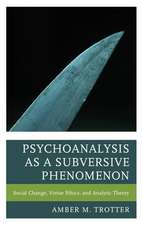Adaptive Thinking: Rationality in the Real World: Evolution and Cognition Series
Autor Gerd Gigerenzeren Limba Engleză Paperback – 28 mar 2002
Preț: 376.91 lei
Preț vechi: 485.30 lei
-22% Nou
Puncte Express: 565
Preț estimativ în valută:
72.14€ • 78.39$ • 60.64£
72.14€ • 78.39$ • 60.64£
Carte tipărită la comandă
Livrare economică 11-17 aprilie
Preluare comenzi: 021 569.72.76
Specificații
ISBN-13: 9780195153729
ISBN-10: 0195153723
Pagini: 360
Ilustrații: line figures
Dimensiuni: 226 x 167 x 20 mm
Greutate: 0.5 kg
Editura: Oxford University Press
Colecția OUP USA
Seria Evolution and Cognition Series
Locul publicării:New York, United States
ISBN-10: 0195153723
Pagini: 360
Ilustrații: line figures
Dimensiuni: 226 x 167 x 20 mm
Greutate: 0.5 kg
Editura: Oxford University Press
Colecția OUP USA
Seria Evolution and Cognition Series
Locul publicării:New York, United States
Notă biografică
Gerd Gigerenzer is Director of the Center for Adaptive Behavior and Cognition at the Max Planck Institute for Human Development in Berlin, and was previously a professor of psychology at The University of Chicago and other institutions. His books include the recent Simple Heuristics that Make Us Smart (Oxford, 1999).
